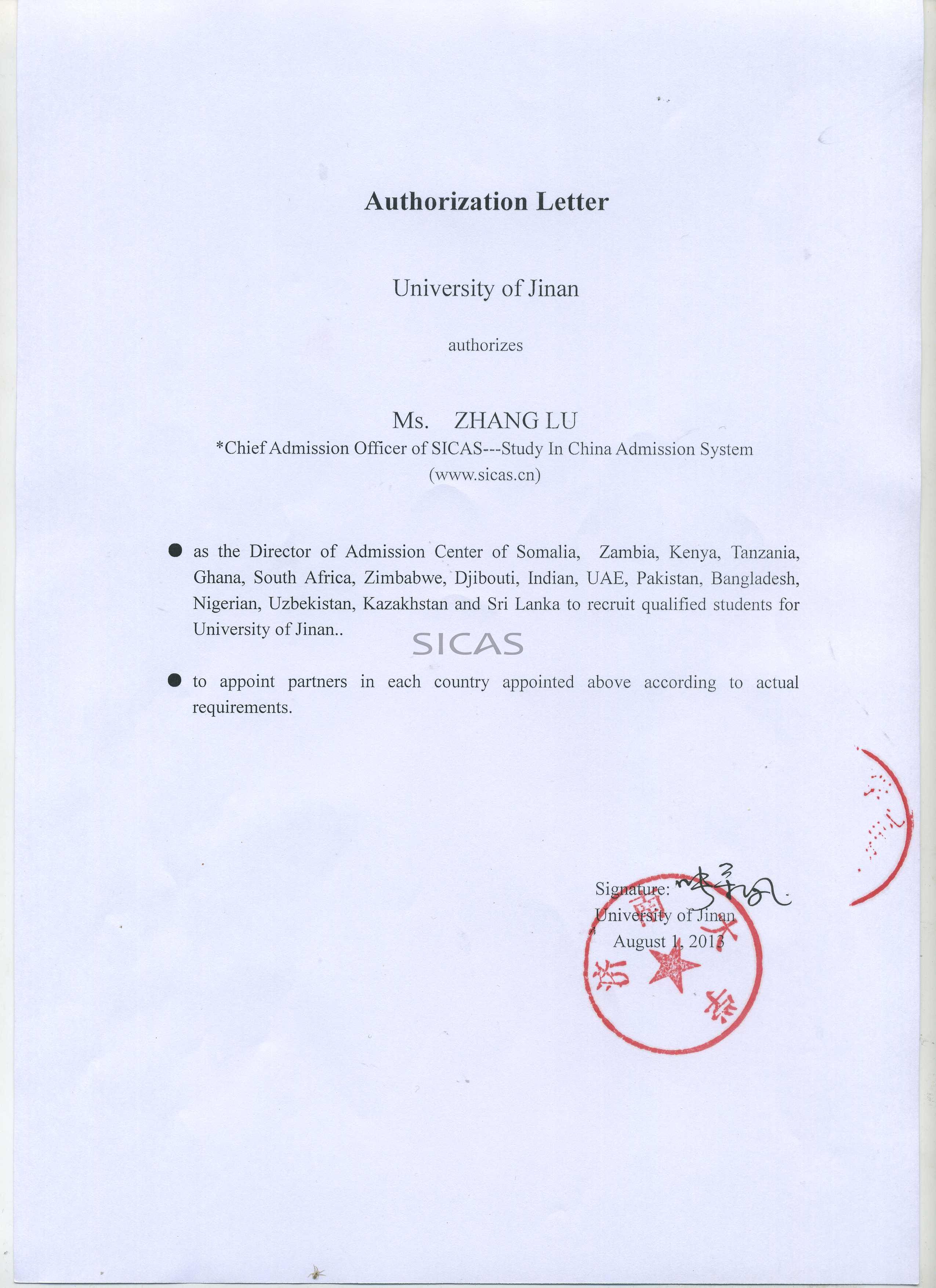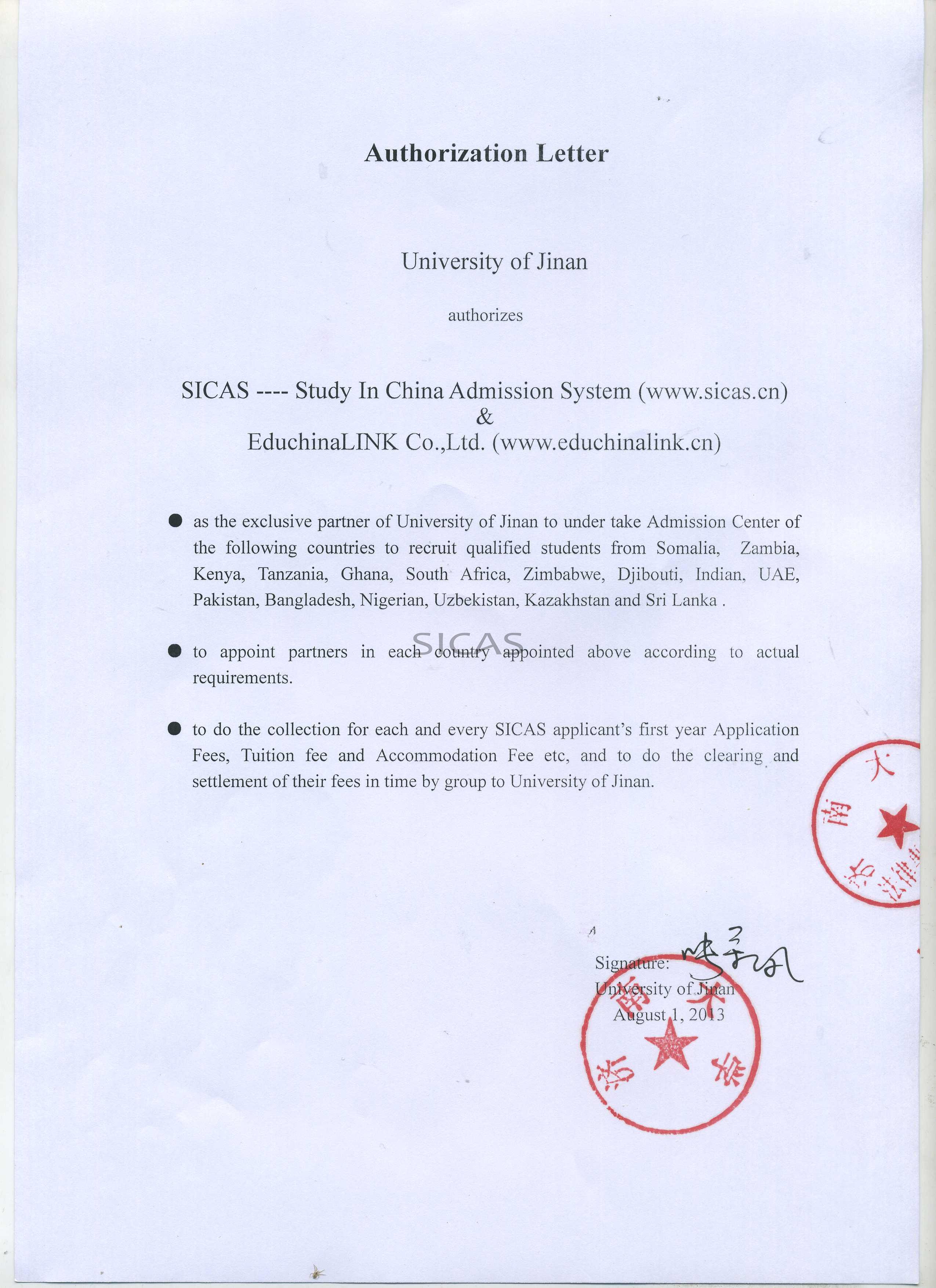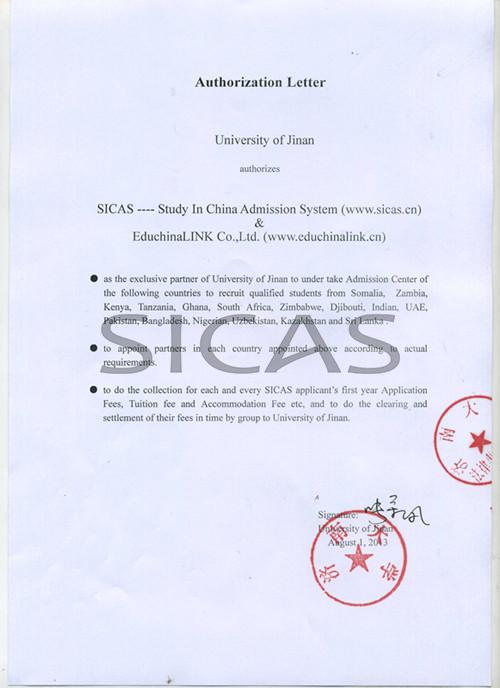Introduction
ENT (Ear, Nose and Throat), also known as Otolaryngology, is the specialty that focuses on the diagnosis and treatment of disorders of the ear, nose, throat, head, face, and neck. ENTs also specialize in the areas of the head and neck, treating infectious diseases, benign and cancerous tumors, facial trauma, and deformities of the face.
Objectives
To provide the highest possible quality of care to patients with complicated ear, nose, and throat disorders;
To provide the finest possible educational experience to trainees including medical students, residents, and fellows;
To discover new insights into the pathophysiology of otolaryngological disease;
To invent new technological applications designed to optimize therapy of challenging clinical problems as well as to overcome disabilities brought on by illness.
ENT Treat Areas
The Ears—As ear disorders are usually their specialty, otolaryngologists are trained in both the medical and surgical treatment of hearing, ear infections, balance disorders, ear noise (tinnitus), nerve pain, and facial and cranial nerve disorders. Otolaryngologists also manage inner and outer ear birth disorders.
The Nose— Caring for the nasal cavity and sinus area is one of the primary skills of otolaryngologists. Managing allergies and sense of smell also fall into this "nasal area" category.
The Throat—Verbal communication, e.g., speaking or singing, as well as eating a meal fall into this vital area. Other specific skills of otolaryngologists include expertise in managing diseases of the larynx (voice box) and the upper aero-digestive tract or esophagus, which is where voice and swallowing disorders can develop.
The Head and Neck—Being the center of the body, the head and neck area includes the important nerves that control sight, smell, hearing, and the face. In this area, otolaryngologists are trained to treat infectious diseases, both benign and malignant (cancerous) tumors, facial trauma, and face deformities. They perform both cosmetic plastic surgery and reconstructive surgery.
Degree Awarded
Students are required to complete the curriculum and course, fulfill the designated number of credits.Successful candidates will receive a graduation certificate along with the Master's degree.
Career
Following completion of entry-level training, newly graduated medical practitioners are often required to undertake a period of supervised practice before the licensure, or registration, is granted, typically one or two years. This period may be referred to as "internship", "conditional registration", or "foundation programme". Then, doctors may finally follow specialty training in internal medicine if they wish, typically being selected to training programs through competition.
















